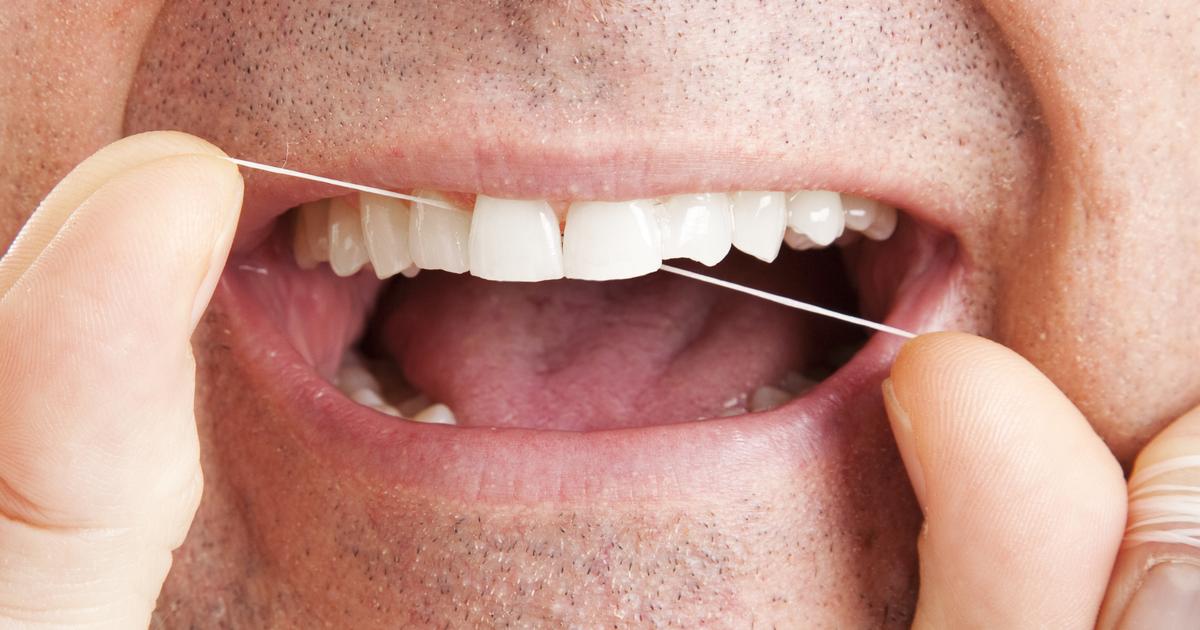Guide To The Causes Of Bleeding Gums
Many individuals notice their gums bleed easily, especially when they floss or brush their teeth. There may also be increased mouth sensitivity around the gum line. Bleeding and inflamed gums are never a walk in the park to deal with, which is why understanding the causes and how to deal with them appropriately is so important. Several things can cause bleeding gums, some of which might be simple and easily rectified. Other underlying causes may be more serious diseases that require treatment by a doctor or dentist.
Brushing Or Flossing Too Hard

Brushing or flossing too hard is one of the most common causes of bleeding gums. If an individual has just started flossing regularly, it's normal for their gums to bleed for the first few days as their mouth adjusts to the new routine. However, continual bleeding after they have been flossing for a while is a cause for concern. If individuals use too much pressure when brushing their teeth, they can damage their gums. Gum damage isn't reversible unless individuals have surgery. Other signs an individual is brushing too hard include receding gums, increased tooth sensitivity, and darker-looking teeth around the gums. Individuals can keep themselves from brushing too hard by getting an extra-soft toothbrush, as the softer bristles will cause less damage and abrasion. Experts also recommend holding the toothbrush in three fingers instead of a closed fist, which helps reduce pressure. Not a lot of pressure is necessary to clean the surface of teeth. It might also be time to switch to an electric toothbrush, since electric toothbrushes give a much deeper clean than manual ones.
Incorrect Fit In Dentures or Other Oral Appliances

An individual's gums may sometimes bleed due to an incorrect fit in dentures or other oral appliances. A pair of dentures that originally fit well may become loose over time. Aging causes shrinkage of the gum ridges, which in turn leads to loosening dentures. The bone might also shrink, which leads an individual's jaw to be aligned differently. Some dentures can be relined or adjusted without needing to be fully replaced. If an individual's dentures aren't fitting properly, they should talk to a dentist about their options. Badly-fitting dentures can cause mouth soreness, and affected individuals may also have stomach issues because their food isn't properly chewed. Dentures shouldn't be repaired at home and should always be taken to a dentist to be updated. The most common oral appliances besides dentures are ones for sleep apnea and snoring. These appliances should be custom-fit for an individual's mouth, since an improper fit can lead to the same issues that loose dentures cause. Oral appliances for snoring are only worn when an individual is sleeping.
